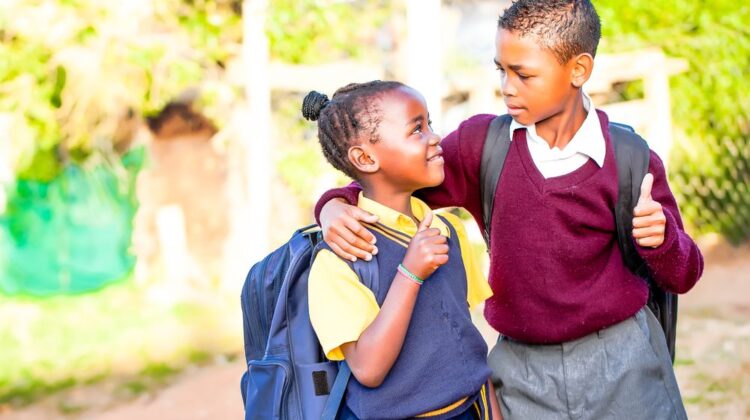
Gender Equality, Inclusivity and Education
The general notion in Nigeria is that women are inferior to men, which was reinforced when President once said at a press conference abroad that the role of his wife did not extend beyond the kitchen and “the other room”. This was a really unfortunate remark, given that women in Nigeria have made their mark in the business and political space.
Gender equality was declared by the UN as not only a fundamental human right, but a necessary foundation for a peaceful, prosperous, and sustainable world. The SDGs had helped set as one of the goals, undertaking reforms to give women equal rights to economic resources as well as access to ownership and control over land and other forms of property, financial services, inheritance, and natural resources. Yet, in as much as women in Nigeria are strong and resilient, most times, they are pushed aside, don’t grow as fast as their male counterparts in their careers. However, in the South-West region of the country, there is a great improvement as we see quite a number of women breaking the glass ceilings, leading corporations, and making a great impact.
In Northern Nigeria, this is still a major tussle as a greater percentage are still bounded by cultural and religious beliefs that are not founded. Based on this the woman has been given limited opportunities right from when birthed and they live through their lives hidden, afraid, and unheard.
In the political space, women make u to 49% of the population yet only 4% of lawmakers are female. Nigeria has the lowest number of female parliamentarians in sub-Saharan Africa and ranks 133rd in the world for female political representation. Women own only 20 percent of enterprises in the formal sector and only 11.7% of Board Directors in the country are women (https://blogs.lse.ac.uk/africaatlse). Although it must be acknowledged that the country has made some progress in closing the gender gap in certain areas i.e. primary school enrollment rates, gender equality still remains in a deplorable state and these statistics reveal that there is still so much work to be done.
It starts with the government as they have a huge role to play in ensuring equal opportunities for both male and female; this cannot be overemphasized.
Also, educational curriculums need to be checked and reprogrammed to suit the current reality. For example, children are still being taught in schools with curriculums and study materials of decades ago where there are being exposed to the stereotyped roles and the man and the woman, especially in the home.
Religion and culture have a significant role to play in combating gender inequality, especially in the Islamic regions where a good number of the girl child has little or no rights to her life and body. Religious scholars and rulers need to work together in codifying their laws to align with the current climes. Issues like girl child marriage, female genital mutilation, divorce, educating the girl child e.t.c.
The key to transformation is empowerment. Girls /women need to be empowered socially, economically, and politically. They need to be able to generate income for themselves and build enough resources and confidence to also empower other women.


